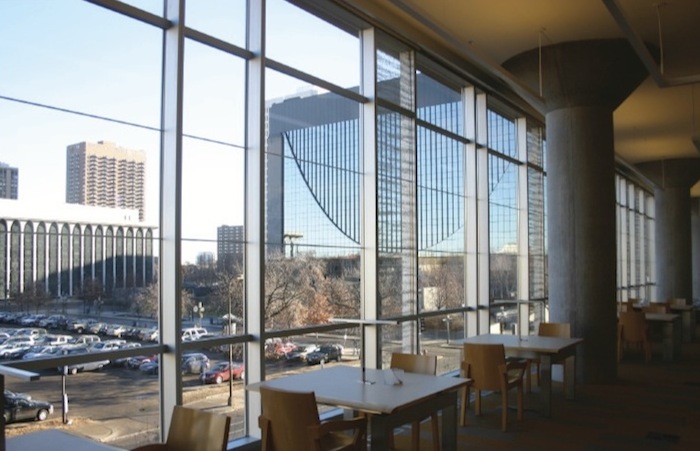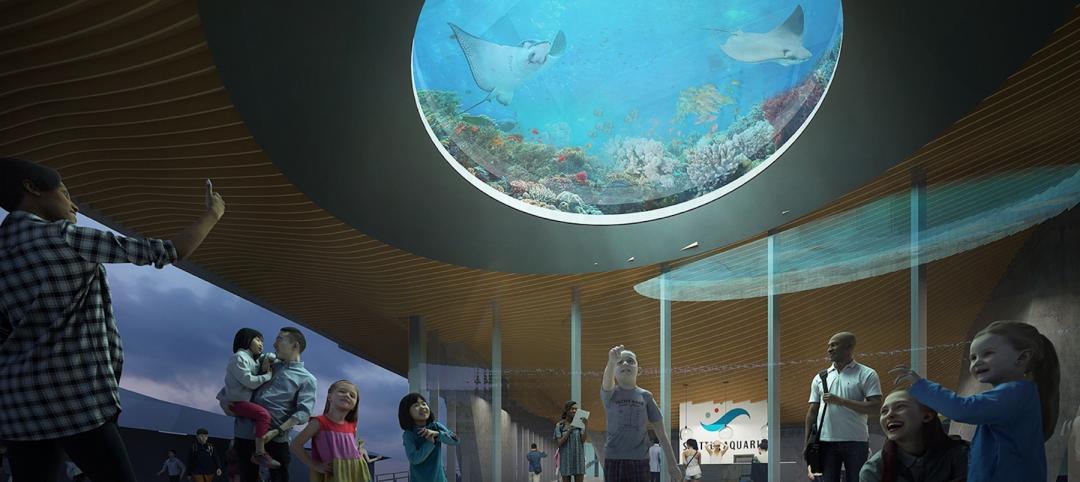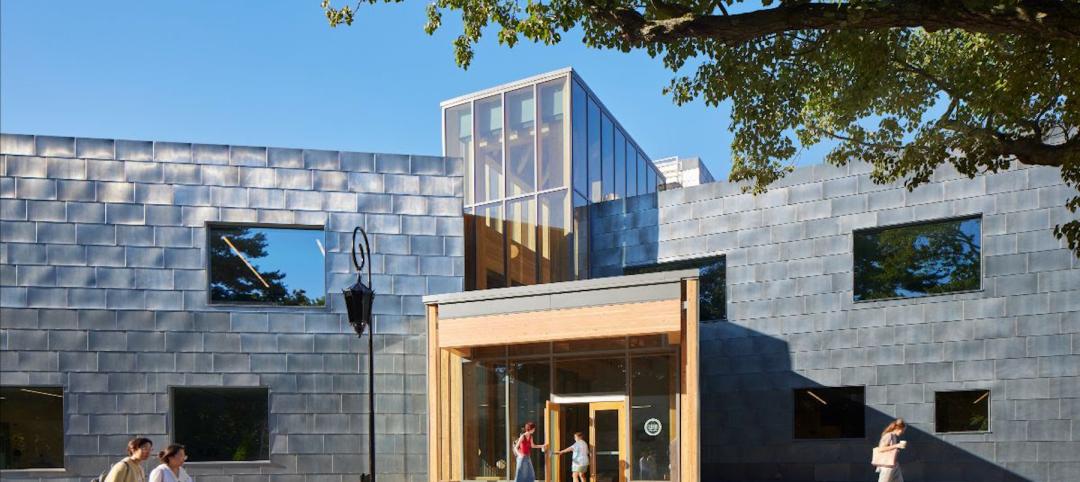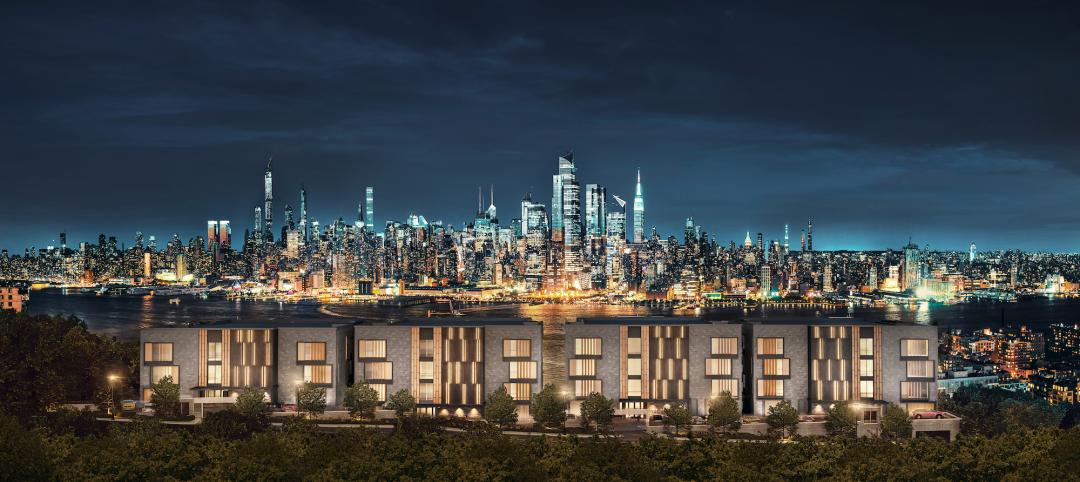Analysis of daylighting control systems in 20 office and public spaces in Minnesota and Wisconsin shows that while the automatic daylight harvesting schemes are helping to reduce lighting energy in the buildings, most are not achieving optimal performance, according to a new study by the Energy Center of Wisconsin (ECW).
According to ECW, the median daylighting control system studied was saving 23% of lighting energy, including impacts on heating and cooling. This translated to 915 kWh saved for every kW of lighting controlled. But the average effectiveness (the energy saved versus energy saved with ideal control) of the controls was only 51%. This meant that almost half of the potential savings from these controls was not captured due to imperfect controls operation. Even worse, four of the 20 spaces studied had zero savings.
The low level of effectiveness, says ECW, is evidence of a lack of controls execution. The findings show that successful implementation of automatic daylighting control requires a significant commissioning effort to reach full energy-savings potential.
Read the full daylighting commissioning report from the Energy Center of Wisconsin.
As part of the report, ECW developed a tip sheet on commissioning and calibration and function testing of lighting controls. Recommendations include assigning a single person of the construction team to be responsible for verifying completion of all steps in the daylighting commissioning process, and proper training of the building owner/operator on the controls equipment and systems. Download the tip sheet (PDF)
(http://www.ecw.org/project.php?workid=1&resultid=494)
Related Stories
Building Team | Oct 27, 2022
Who are you? Four archetypes shaping workspaces
The new lifestyle of work requires new thinking about the locations where people work, what their workflow looks like, and how they are performing their best work.
Codes and Standards | Oct 27, 2022
Florida’s Surfside-inspired safety law puts pressure on condo associations
A Florida law intended to prevent tragedies like the Surfside condominium collapse will place a huge financial burden on condo associations and strain architecture and engineering resources in the state.
University Buildings | Oct 27, 2022
The Collaboratory Building will expand the University of Florida’s School of Design, Construction, and Planning
Design firm Brooks + Scarpa recently broke ground on a new addition to the University of Florida’s School of Design, Construction, and Planning (DCP).
Building Team | Oct 26, 2022
The U.S. hotel construction pipeline shows positive growth year-over-year at Q3 2022 close
According to the third quarter Construction Pipeline Trend Report for the United States from Lodging Econometrics (LE), the U.S. construction pipeline stands at 5,317 projects/629,489 rooms, up 10% by projects and 6% rooms Year-Over-Year (YOY).
Data Centers | Oct 25, 2022
Virginia county moves to restrict the growth of new server farms
Loudoun County, Va., home to the largest data center cluster in the world known as Data Center Alley, recently took steps to prohibit the growth of new server farms in certain parts of the county.
Museums | Oct 25, 2022
Seattle Aquarium’s new Ocean Pavilion emphasizes human connection to oceans
Seattle Aquarium’s new Ocean Pavilion, currently under construction, features several exhibits that examine the human connection with the Earth’s oceans.
Energy-Efficient Design | Oct 24, 2022
Roadmap shows how federal buildings can reach zero embodied carbon emissions by 2050
The Rocky Mountain Institute (RMI) has released a roadmap that it says charts a path for federal buildings projects to achieve zero embodied carbon emissions by 2050.
Higher Education | Oct 24, 2022
Wellesley College science complex modernizes facility while preserving architectural heritage
A recently completed expansion and renovation of Wellesley College’s science complex yielded a modernized structure for 21st century STEM education while preserving important historical features.
Transportation & Parking Facilities | Oct 20, 2022
How to comply with NYC Local Law 126 parking garage inspection rules
Effective January 1, 2022, New York City requires garage owners to retain a specially designated professional engineer to conduct an assessment and file a report at least once every six years. Hoffmann Architects + Engineers offers tips and best practices on how to comply with NYC Local Law 126 parking garage inspection rules.
Architects | Oct 20, 2022
Michael Graves Architecture acquires Jose Carballo Architectural Group
Michael Graves Architecture (MG), an award-winning global leader in planning, architecture, and interior design based in Princeton, NJ, announces the acquisition of Jose Carballo Architectural Group (JCAG), a New Jersey-based architecture firm.

















